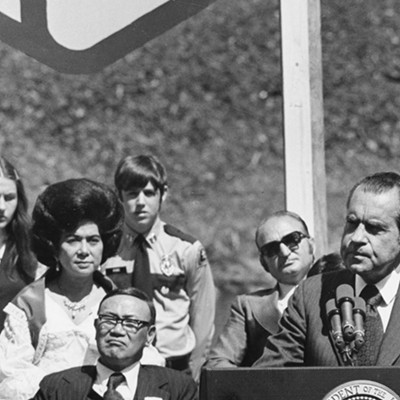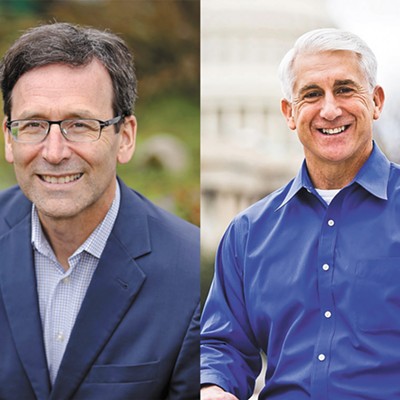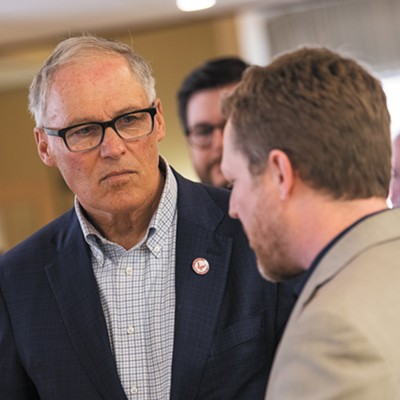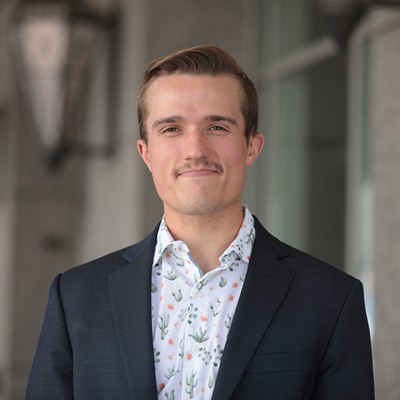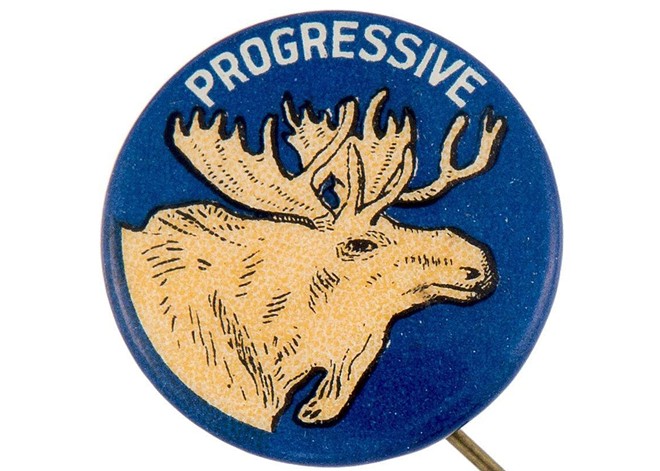
Voters are agitated, in an acid reflux sort of way. In Washington state, they recently petitioned the Legislature to reverse itself on income taxes, carbon taxes and mandatory aging care taxes and to reverse itself on measures limiting parental rights and police pursuits.
From Los Angeles to Seattle, urban voters are demanding their cities stop tolerating drug abuse, camping in public spaces and making excuses for property crime.
A Seattle Times columnist recently wrote, "The 'move to the right' isn't done yet in West Coast cities." News organizations around the world covered Oregon's recriminalization of drugs after admitting its experiment with legalized drug use had failed. Seattle, Los Angeles, San Francisco and even California's liberal Gov. Gavin Newsom have asked the U.S. Supreme Court to make it easier for cities to legally clear homeless camps. In the 2023 election, Seattle's city council shifted to the pragmatic center (what Seattle considers "the right"); in March, San Francisco voters supported increased drug screening and police surveillance. The NBC affiliate there asked, "Is San Francisco getting more conservative?"
My answer is no.
Rather than becoming conservative, West Coast urban voters are rediscovering what it means to be progressive.
They might want more drug testing and fewer dilapidated RVs parked in their neighborhood, but they'll still vote for a Democrat. If there were a viable, true, traditional progressive party, like Theodore Roosevelt's Bull Moose Party of 1912, maybe they'd take a look, but there's not. So, in November 2024, I bet King County will vote Democratic by about the same percentage it did in 2016 and 2020. Ditto San Francisco.
Liberal-leaning voters in West Coast cities are not abandoning government. They just want it to work.
They want the couple who owns a small grocery, bakery or takeout place to be a higher, or at least as high a priority, for the city as the person who is passed out in front of their store. They're done with professional politicians who believe harping on social and environmental justice is a force field against accountability.
West Coast urban voters are tired of being bathed in "progressive" rhetoric as they step over sidewalk garbage piles and burnt tin foil from fentanyl smokers. Even the most liberal of my friends resent being shamed into believing that self-indulgent graffiti tagging is art or that demanding their city hire more cops is racist. A majority of urban voters are done with cities and counties and the state wasting hundreds of millions of tax dollars on failed homeless policies.
The vulnerable urban politician is the political hack who is a progressive in name only.
True progressives, as defined in the heyday of the progressive movement in the early 1900s, rejected idealogues and political hacks, and embraced government run by experts. They wanted government to work for fair labor conditions, income equality and the public conservation of our natural resources — and they wanted those programs administered by professionals who relied upon data, science and who were accountable for results. The Progressive Movement embraced government solutions to challenges emerging from new technologies and immigration and strove to ensure those solutions were efficiently delivered.
It's that absence of accountability and efficiency that's agitating urban voters.
When I ran for governor in 2016, I argued we should assign an objective performance goal for every program, and if a program wasn't delivering expected results, we should fix it or eliminate it. I was criticized for being cold-hearted and wonky.
Dismissing accountability as wonky and valuing ideology over efficiency got us a government that denies accountability for sending millions of dollars to a Nigerian scam artist; for a mental health system that fails to meet federal standards and is ranked in the bottom third of all states; for drug policies that have resulted in increased overdoses; for homeless programs that cost $800,000 per person permanently housed; and for policing policies that result in rising crime.
Fortunately, some pragmatic city leaders are finally demanding data and metrics. Last May, Seattle City Councilmember Sara Nelson pointedly asked a publicly funded harm reduction project how many people it had moved from drug addiction into recovery. It didn't know; couldn't answer. The council member who defended the project did not run for re-election. Sara Nelson is now council president.
I should show Council President Nelson my button from Theodore Roosevelt's unsuccessful 1912 presidential campaign. That is the year when conservative Republican bosses cheated the progressive Roosevelt out of the Republican nomination, and so he ran for president as the leader of the progressive Bull Moose Party. The only thing on that button is the head of a bull moose and the word Progressive. Great button, but he lost the election.
While West Coast urban voters aren't any more ready for a new Progressive Party today than they were 112 years ago, they would be comfortable wearing my button. That's because they aren't becoming conservatives, they just want to vote for Bull Moose progressives who are committed to addressing social ills and market failures and to efficiently getting results.
If this November they don't see a Democrat who will give that to them, in four years maybe they'll be ready to look at a Bull Moose candidate. One thing is certain, West Coast urban voters are agitated, and they're demanding a different approach. ♦
Bill Bryant, who served on the Seattle Port Commission from 2008-16, ran against Jay Inslee as the Republican nominee in the 2016 governor's race. He is chairman emeritus of the company BCI, is a founding board member of the Nisqually River Foundation and was appointed by Gov. Chris Gregoire to serve on the Puget Sound Partnership's Eco-Systems Board. He lives in Winthrop, Washington.



